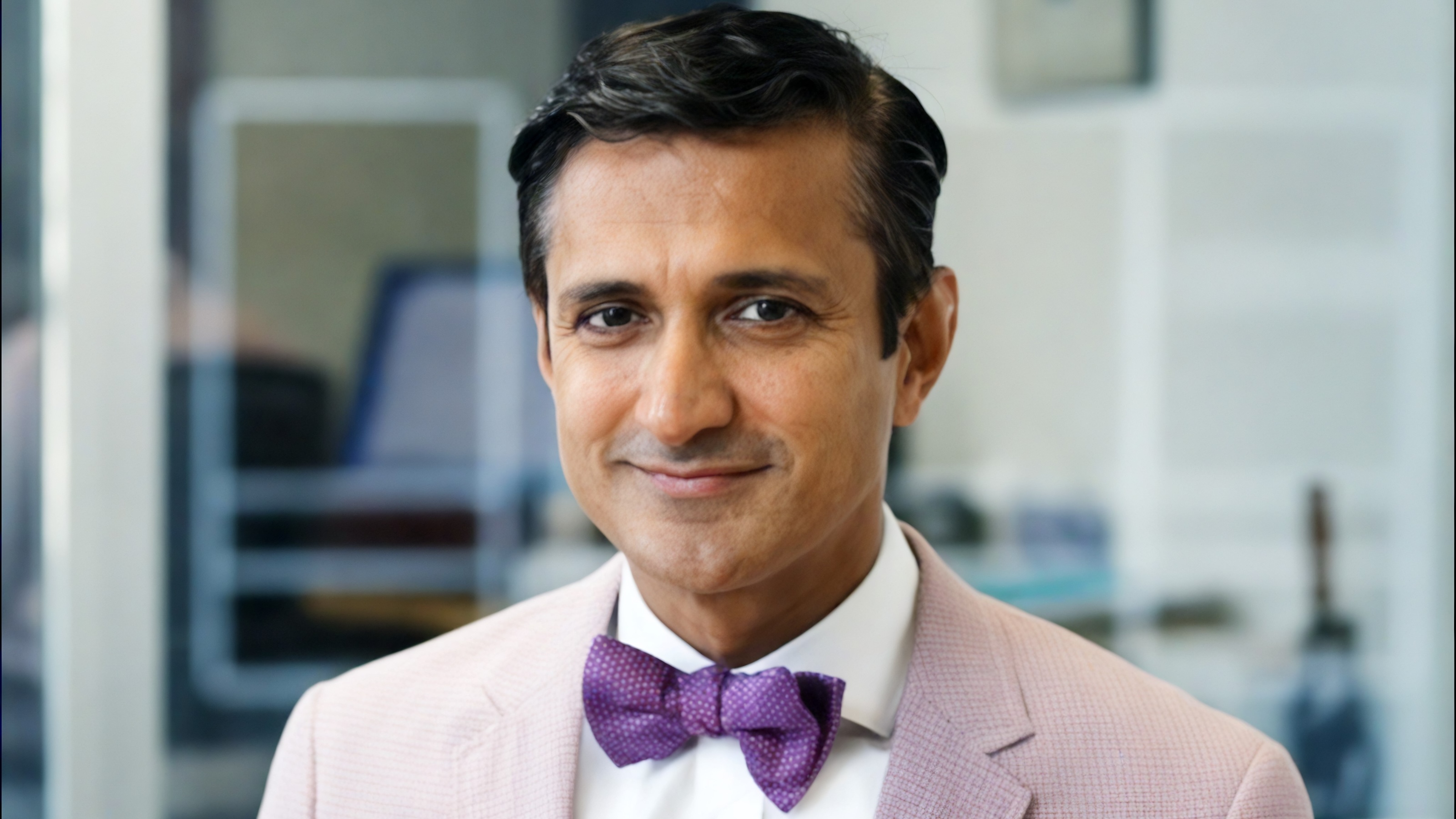Meditation Is the New Yoga: Bringing Mindfulness Into the Workplace

“If You’re Too Busy To Meditate, Read This,” proclaimed a wildly popular Harvard Business Review story a few months ago. It was but one data point we observed as we researched the Explosion of Conscious Media for our recently-released Conscious Media white paper. Not only are people increasingly consuming content that contains spiritual themes, but they are also integrating ancient practices into their lives.
As yoga exploded into popular acceptance over the past ten years, similarly meditation is now having its moment in the sun. First it was focused primarily on physical health, but we are now witnessing a growing emphasis on meditation’s benefits for mental balance and well-being.
This embrace of meditation is being driven by vocal proponents who claim that regular meditation can improve the immune system, cure depression, boost memory, regulate emotions, and even change the structure of the brain.
Hari Kaur is an internationally renowned Kundalini teacher and author of two books on meditation and yoga (as well as a member of our Influencer Advisory Board). She explains why meditation is blossoming in popularity at this moment in time:
“Meditation is both a conscious act and a refinement of what is possible with our brains and our minds and bodies. We have figured out about every possible way to exercise; the next frontier is our minds. There will be a movement towards meditation that will include the simplest to the most complex ways of ‘getting the most’ from our brains. The way we might get the most from our brains so we can handle the technological era is to meditate to become still – to dump our subconscious burden, to learn to light up the happy hormones and experience the balance to this existence.”
Far from being a fringe pastime, meditation is being used by a large cross section of society. The United States Marines have introduced a program called Mindfulness-based Mind Fitness Training (or “M-Fit”), which trains soldiers in mindfulness and meditation in order to improve mental performance and emotional health during combat situations. “Mindful Leadership” is an initiative at General Mills that mixes sitting meditation, yoga and mindfulness practices to settle and focus the mind. Google, Target and Aetna all have similar programs. Surprisingly, Aetna discovered that an hour a week of this type of practice decreased stress levels in employees by a third, slashing healthcare costs per employee by around $2,000 per year.
At sparks & honey, we’ve also taken this idea to heart, regularly practicing in-office yoga and encouraging meditative breaks in our “digital detox zone.”
How can you take baby steps into the world of meditation and integrate it into the hectic environment of the modern workplace? Here are two ideas:
Hari suggests that if you truly want to reap the benefits of meditation, you’ll need to treat it as an essential part of your life:
“Set aside time daily and make it a priority to meditate. Just as you would attend to your appearance, develop a commitment to attend to your inner world. Schedule your meditation practice as if you were scheduling any other appointment or client. Add it to your calendar [and] keep the appointment with yourself. Find techniques that match your lifestyle and personality type. Techniques that inspire you to continue. There are many different styles and techniques of meditation. If you feel the call to meditate and grow and heal, search for the right teacher, the right technique and don’t give up.”
To learn more about the explosion of Conscious Media and the mindset of the new conscious consumer, please download our white paper or our Deep Dive Report on Oneness.
If you would like to go deeper and understand how your company can sync with the Conscious Consumer market, please get in touch with us at [email protected].





